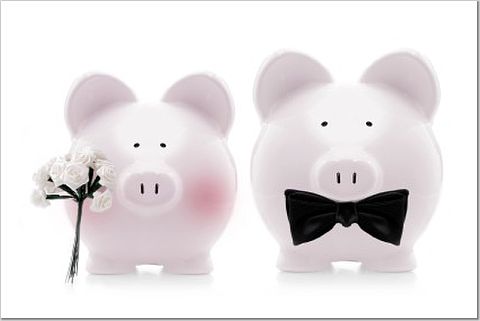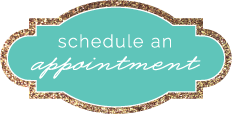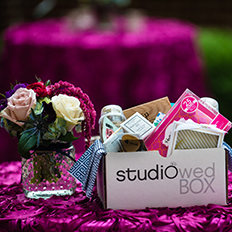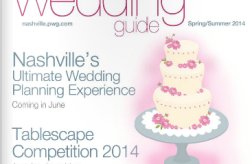Here’s Part One of our two-part Wedding Budgeting Series! Enjoy!

With many brides and grooms, one of the first conversations you have as a couple and with your families is How much should we spend on this wedding? If you’re not having this conversation, first and foremost, you should be! Your budget is going to determine the type of venue that you can afford, help you to arrange your priorities, and create a common ground that all parties are comfortable with. Many times brides will worry about setting up a wedding date and finding a location prior to setting a budget, get into a venue that takes up a good percentage of their budget, and then those other priorities are pushed to the back-burner due to a lack of budget remaining.
Throw the wedding budgets that you see online out the window! Plugging your information into a prepared excel sheet of numbers isn’t going to be able to give you the personalized budget that you need. Your wedding isn’t going to be the same as the next bride and many of these online budget calculators and sheets are giving you a false indication of how much things cost in weddings! If you choose to hire a planner, one of their responsibilities is providing you with a budget, showing you a realistic view of how much things cost in your area, and what is a reasonable and appropriate amount for you to allot per item/category/vendor.
- Prior to the budget discussion, next go on to the tedious task of putting together the guest list. An average wedding in Nashville may cost around $27,000 but that is for approximate 125 – 150 guests. If you are planning to have 250 guests, your wedding may cost a lot more so be sure to take your guest count into consideration. Best advice: Heads =$$$. If you want to reduce your overall wedding costs, you must eliminate guests, as that reduces your cost in food/beverage bills, florals needed for centerpieces, rentals, and possibly the size location that you would need. Also, keep in mind on your guest list who are close with? Who do you talk to all the time? Have you seen them in 6 months-1 year? If not, be cutthroat and nix them! If you haven’t seen them in a while, are that they important to you to celebrate with, and let’s face it, spend money on?
- When deciding on how much to spend on your wedding, instead of just arbitrarily picking what you might think is a large, or reasonable, number, spend time researching your area and city to determine what the normal budgetary ranges are for wedding vendors. Ask your friends and co-workers how much they spent on their weddings if they were held in your area, as this sometimes gives you an idea of what to expect. While $10,000 might seem like a ton of money (and truthfully it is), when it comes to a wedding, it doesn’t go very far. You will quickly see that allotted sum of money disappearing fast.
- When creating your wedding budget, decide on your priorities. Which areas of your wedding are most important to you? Is it having a fabulous photographer? Do you want over-the-top decor, drapery, and lighting? Do you and your fiance have to have a band over a DJ? Is it wining and dining your guests on delicious food and great drinks? Is it imperative that you have an open bar? Be sure to budget a bit on the high side for what’s most important to you and you can always cut back in other areas. There may be sacrifices you make for other decisions in your wedding, but having what’s most important to you may require that. Let’s face it, does anyone REALLY have an infinite budget?! Don’t we all wish we did?
- Create a “Miscellaneous” or “Extras” category. A lot of planners will suggest to add about $500-$1,500+ additional “play” money for those pop-ups. There will always be expenses that you didn’t plan on or consider early in the planning process so be sure to leave some wiggle room in your budget. This goes for your entire budget; plan ahead on the possibility of making choices on vendors that might possibly be out of your budgeted range, as there always are and preparing for that. The last amount of surprises that there are in your budget, the better. Also, your planner can help you foresee the possibility of extra expenses or fees that aren’t clearly outlined.
- Be realistic! Always make sure that your budget and expectations are in line with each other. If you know you have a very nice vision in your head of what your wedding looks like, but you budget on the low end for each vendor category, you are only setting yourself up for disappointment. Be honest about what you are expecting and what you can afford from the beginning. When you’re meeting with vendors, be honest about your budget. Wedding vendors don’t discount, therefore make sure that you’re going into that meeting with the realistic view of your budget and not hoping for a reduced price.
Watch for Part Two next week!
Visit StudioWed Nashville by making an appointment at 739.5477 and we can give you realistic planning advice and easy access to some of the best vendors in Nashville!











This is some great advice on budgeting